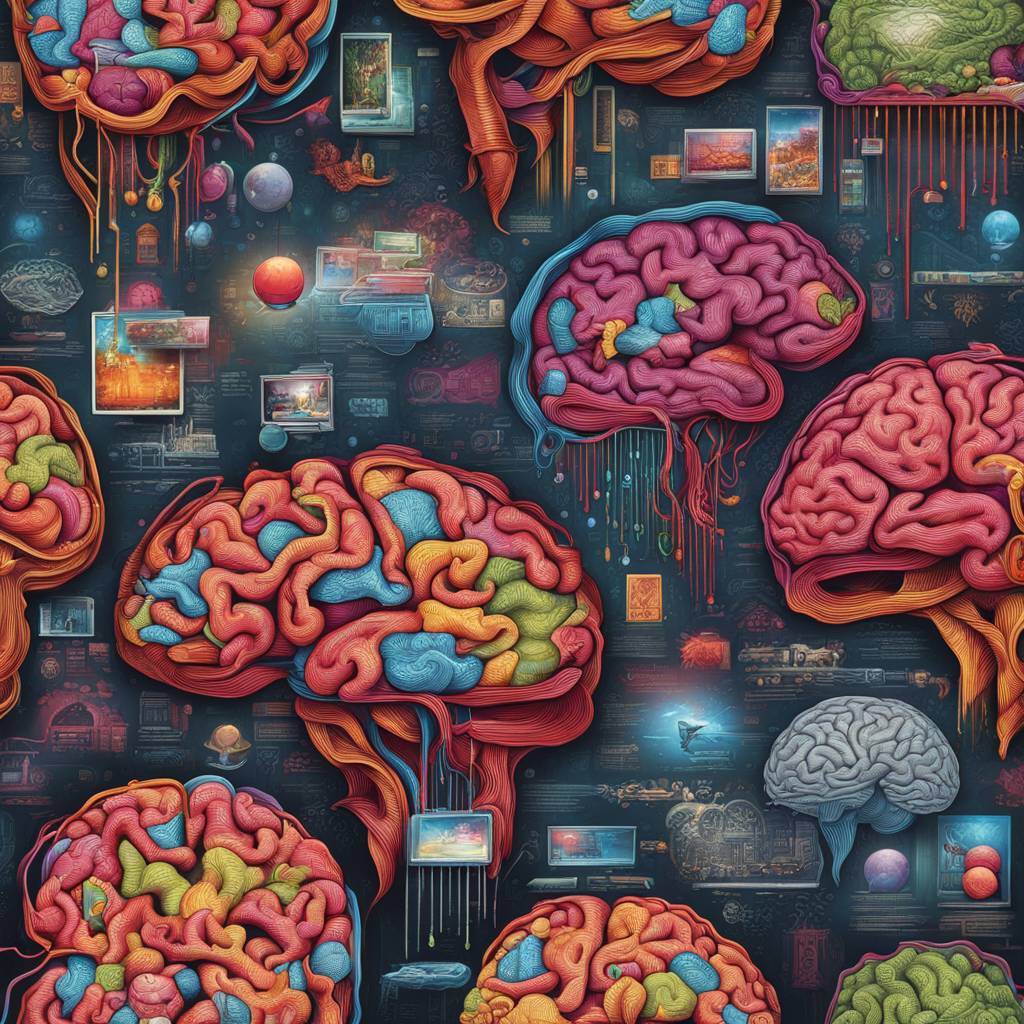Memory can be a mysterious process, with some life events remaining vivid while others quickly fade away. A new study published in Science reveals that the brain has a system for determining which experiences are important enough to be stored in long-term memory. Researchers found that during waking hours, cells in the hippocampus of the brain activate in a specific pattern called “sharp-wave ripples,” which tag important experiences for long-term memory storage during sleep. This process has been observed in mice, but it is believed to be similar in humans and other mammals, providing insight into our own memory processes.
In experiments with mice navigating a maze to reach a sugary reward, researchers monitored the activity of nerve cells in the rodents’ brains using electrodes. They observed that as the mice paused to eat, their brains displayed sharp-wave ripples multiple times. These patterns observed during waking hours were replayed during sleep, indicating that the experiences were being stored in long-term memory. Events that did not have many sharp-wave ripples accompanying them did not form lasting memories. This tagging process of important experiences for memory storage occurs unconsciously in the brain without voluntary control from the individual.
One interesting finding from the study is that during idling moments when the mouse is stationary, bursts of activity in the brain can also contribute to memory formation. This shows that events followed by a pause and electrical activity are more likely to be remembered in the long term. Research has also shown that humans tend to remember novel or rewarding experiences better when they pause and reflect on them. For example, individuals navigating a maze and finding a treasure were more likely to remember the random objects they passed along the way, indicating the importance of pauses and reflection in memory formation.
The study suggests that relaxation and pausing after an experience can increase the likelihood of that memory being stored permanently. It is important to allow for periods of relaxation and idleness to let the brain process and tag important experiences for long-term memory storage. Binge-watching TV shows, for example, may not lead to strong memory formation as the brain does not have time to pause and reflect on each episode. Simple activities like going for a walk after watching a movie can help improve memory retention by allowing for moments of relaxation and reflection.
The research conducted by Dr. György Buzsáki and his colleagues sheds light on the unconscious processes that occur in the brain to determine which experiences are stored in long-term memory. By studying patterns of brain activity in mice, researchers have gained valuable insights into how memories are formed and stored, providing a better understanding of memory processes in humans and other mammals. The study highlights the importance of pauses and periods of relaxation in cementing memories and emphasizes the role of sharp-wave ripples in tagging important experiences for memory storage.













